Get Tree Shaping in Phoenix, AZ
Tree Shaping services help property owners in Phoenix, AZ, address issues like overgrown or damaged trees, and craft custom structures such as living fences or shaded walkways.
Tree shaping services offer a unique way for property owners in Phoenix, AZ, to enhance the aesthetic appeal and functionality of their outdoor spaces. Whether considering functional modifications, artistic designs, or sustainable landscape features, planning ahead is essential to ensure the best results. Comparing local contractors who specialize in tree shaping can help identify the right professionals for specific project goals and property needs, making it easier to develop a comprehensive plan that fits individual preferences.
Exploring the options available in the Phoenix area allows property owners to assess the range of services offered by experienced local contractors. By reviewing different providers, it becomes possible to find professionals who can deliver tailored solutions that align with property characteristics and personal vision. Continuing to explore and compare local experts can help ensure that the chosen service provider is well-suited to bring creative and practical tree shaping ideas to life.
- Tree Shaping for Urban Gardens - when residents want to incorporate living structures into small backyard spaces in neighborhoods like Arcadia.
- Living Fences and Borders - ideal for property owners seeking natural privacy screens along fences in areas such as Central Phoenix.
- Functional Tree Sculpting - suitable for commercial property managers looking to create shaded walkways or seating areas in busy districts.
- Architectural Tree Design - for homeowners interested in integrating artistic wood and living elements into home landscaping projects.
- Tree Shaping for Community Spaces - when community organizations want to develop eco-friendly, functional features in parks or public areas around Phoenix.
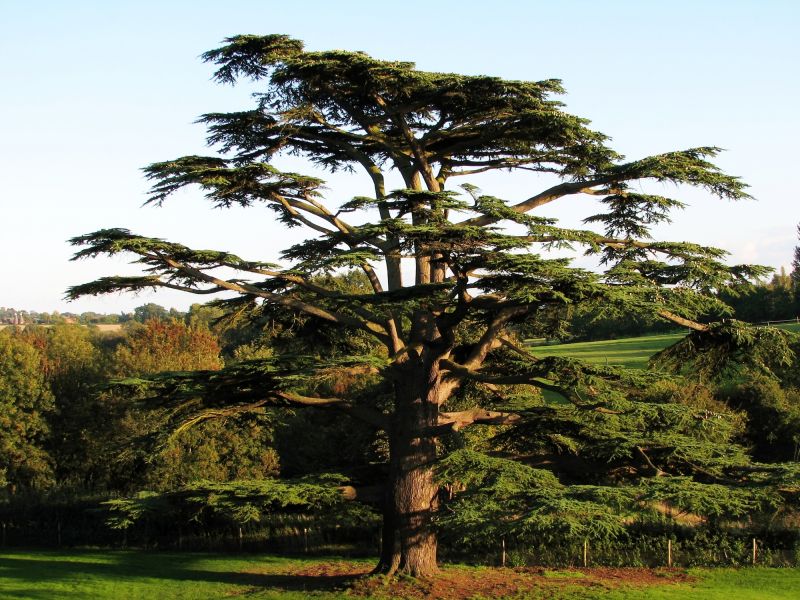
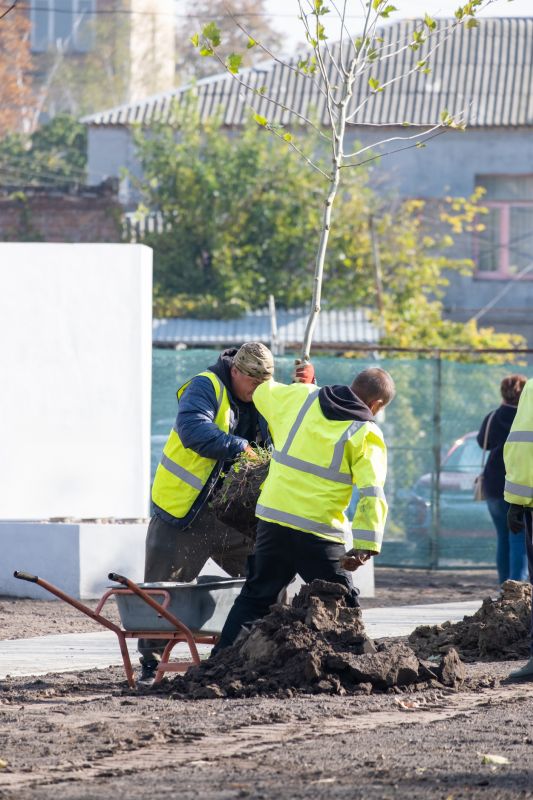
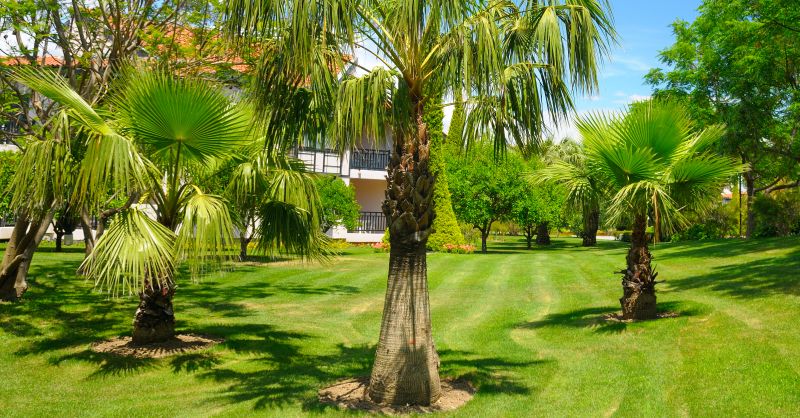
Tree shaping services involve the careful training and guiding of trees to grow into specific forms, structures, or functional elements on a property. This process often includes pruning, wiring, and supporting branches to encourage desired growth patterns. Homeowners interested in creating natural architectural features, such as living fences, custom benches, or artistic sculptures, may find tree shaping to be an effective way to integrate greenery into their landscape design. Skilled service providers use specialized techniques to ensure the health of the trees while achieving the aesthetic or functional goals set by the property owner.
One common reason homeowners seek tree shaping is to address space limitations or improve safety. Overgrown or irregularly shaped trees can pose hazards, such as obstructing pathways, interfering with power lines, or blocking visibility. Tree shaping can help manage these issues by selectively pruning or training branches to maintain a clear, safe environment. Additionally, it can help prevent future damage by guiding growth away from structures, reducing the risk of falling limbs or root intrusion. Service providers can assess individual trees to determine the best approach for balancing safety, health, and visual appeal.
Tree shaping services are often utilized on residential properties, especially those with large yards, gardens, or custom landscape features. Homeowners who want to incorporate living art, create privacy screens, or enhance curb appeal frequently turn to local contractors skilled in this craft. The technique can be suitable for properties with mature trees or for those planning to plant new specimens that can be trained over time. Whether for aesthetic purposes or practical concerns, tree shaping can be a valuable addition to a property’s landscape design when performed by experienced professionals.
These services are also popular among property owners with commercial or community spaces seeking unique landscape features. Businesses, parks, and public gardens may use tree shaping to craft distinctive focal points or functional elements like shaded seating areas. The process requires expertise to ensure the health of the trees while achieving the desired shape or structure. Contacting local contractors who specialize in tree shaping can help property owners explore options that enhance the visual and functional aspects of their landscape, making their outdoor spaces more inviting and well-organized.
The overview below groups typical Tree Shaping projects into broad ranges so you can see how smaller, mid-sized, and larger jobs often compare in Phoenix, AZ.
In many markets, a large share of routine jobs stays in the lower and middle ranges, while only a smaller percentage of projects moves into the highest bands when the work is more complex or site conditions are harder than average.
Smaller Repairs - Typical costs for minor tree shaping projects in the Phoenix area range from $250-$600. Many routine shaping jobs fall within this middle range, depending on tree size and complexity.
Medium-Scale Projects - Larger, more detailed tree shaping work can usually cost between $600-$2,000. These projects often involve shaping multiple trees or larger specimens and are common for landscape enhancements.
Large or Complex Jobs - Extensive tree shaping, such as sculpting mature trees or creating intricate designs, can range from $2,000-$5,000 or more. Fewer projects push into this high-cost tier due to the time and skill involved.
Full Tree Transformation - Complete overhauls or major reshaping of significant trees may exceed $5,000, depending on scope and detail. Such projects are less frequent but available through local contractors for specialized work.
Actual totals will depend on details like access to the work area, the scope of the project, and the materials selected, so use these as general starting points rather than exact figures.
Living fence construction - local contractors skilled in shaping living plants into functional fences and boundaries, similar to tree shaping techniques.
Arbor sculpture projects - professionals who craft artistic or decorative structures from trees and branches, sharing planning and shaping skills with tree shaping services.
Topiary gardening - specialists in trimming and training plants into defined shapes, requiring precision and planning akin to tree shaping methods.
Bonsai styling - experts who train and shape miniature trees, utilizing techniques that align with the skills used in large-scale tree shaping projects.
Wood and bamboo bending - craftsmen experienced in manipulating flexible materials for structural or artistic purposes, related to shaping living or natural materials.
Landscape sculpture installation - service providers who integrate natural elements into artistic landscape features, sharing planning and shaping expertise similar to tree shaping.
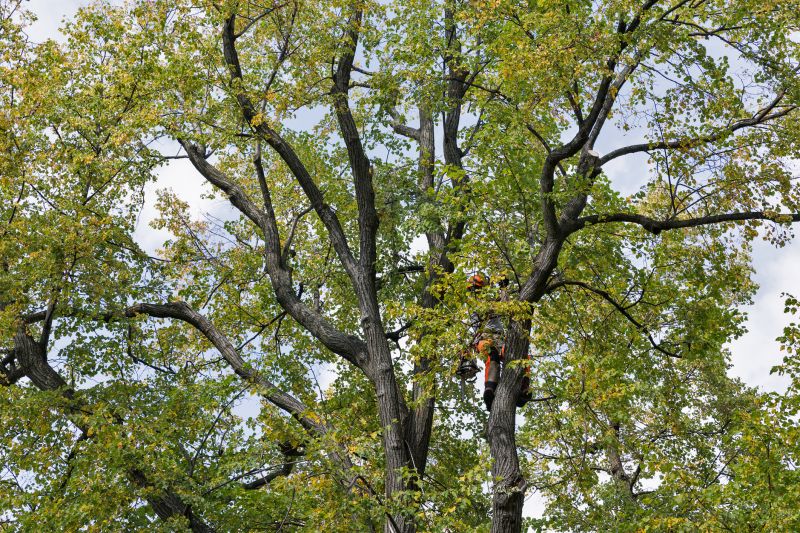
When selecting a contractor for tree shaping services, it’s important to consider their experience with similar projects. Homeowners should inquire about how long a local service provider has been working in the field and whether they have handled projects comparable in scope and complexity. A contractor with relevant experience is more likely to understand the unique challenges of shaping specific types of trees and can offer insights based on past work, helping to ensure the project aligns with expectations.
Clear, written expectations are essential when comparing local contractors. Homeowners should seek detailed descriptions of the services offered, including the scope of work, materials used, and any responsibilities the contractor will assume. Having this information in writing helps prevent misunderstandings and provides a reference point throughout the project. It also allows homeowners to evaluate whether the contractor’s approach matches their vision and needs for the tree shaping project.
Reputable references and effective communication are key factors in choosing the right service provider. Homeowners should ask for references from previous clients who can speak to the quality of the work and professionalism. Additionally, a contractor who maintains open, transparent communication-promptly answering questions, providing updates, and listening carefully-can foster a smoother working relationship. While the site connects homeowners with local options, it’s important to remember that the ultimate decision rests with the homeowner to ensure they find a trusted, capable professional for their tree shaping needs.
Property owners in Phoenix, AZ use Tree Shaping services for practical projects around their homes and businesses. This guide focuses on everyday jobs and straightforward project options.
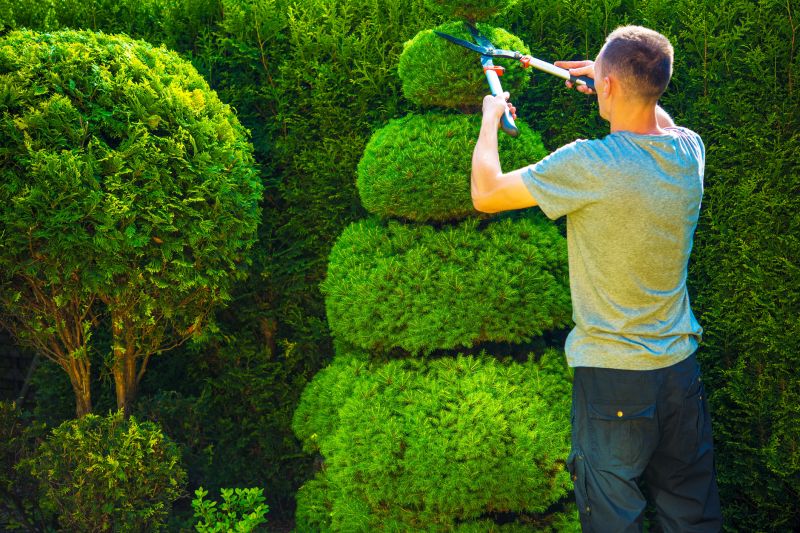
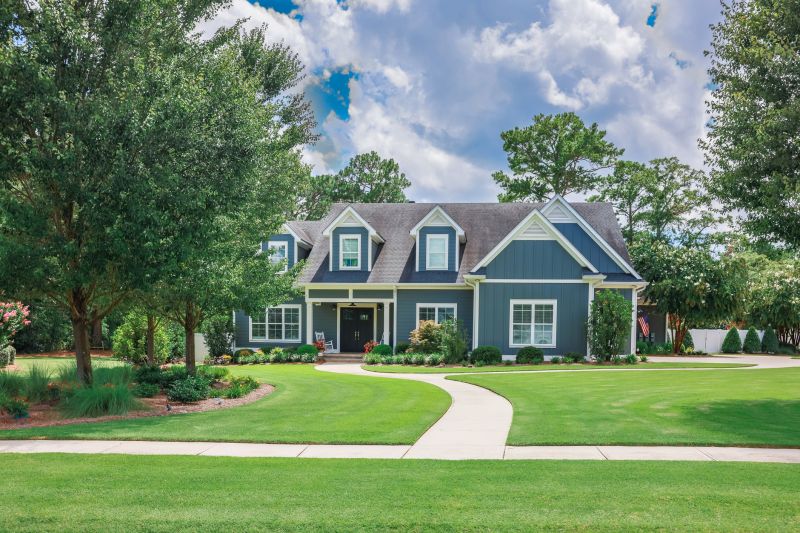
Property owners in Phoenix, AZ, often turn to tree shaping services when they want to enhance their outdoor spaces with functional or artistic greenery. Whether it's creating custom living structures, such as benches, arches, or privacy screens, or integrating trees into landscape designs for added visual interest, local contractors can help bring these ideas to life. These projects are common for homeowners looking to add a unique touch to their yards or to incorporate natural elements that complement the desert environment.
In addition, property owners may seek tree shaping services to address specific practical needs, like reinforcing existing trees or managing growth around structures. Some might want to modify the appearance of mature trees to better suit their aesthetic preferences or to improve safety around walkways and driveways. Local service providers are equipped to handle these projects, offering solutions that blend functionality with creative design to meet the diverse needs of Phoenix residents.
What is tree shaping? Tree shaping is a horticultural art that involves training and guiding trees to grow into specific shapes or structures, often for aesthetic or functional purposes.
Can tree shaping be done on any type of tree? Not all trees are suitable for shaping; local service providers can assess which species are best suited for shaping projects based on size, growth habits, and health.
What are common applications of tree shaping? Tree shaping is often used to create living furniture, arches, fences, or decorative features in gardens and landscapes.
Is tree shaping a permanent modification? Tree shaping creates long-lasting structures, but ongoing maintenance may be needed to preserve the desired shape or form over time.
How do local contractors typically approach tree shaping projects? They evaluate the site and tree health, then use specialized training techniques to guide growth into the intended design or structure.
Creative Garden Design - Property owners can incorporate living structures into their landscaping to create unique focal points or shaded outdoor spaces.
Custom Tree Sculpting - Homeowners might shape trees into functional art, such as natural fences or decorative features that enhance curb appeal.
Shade and Privacy Solutions - Tree shaping services can help develop natural barriers to provide privacy or shade in outdoor living areas.
Structural Support and Training - Property owners may use tree shaping to reinforce weak branches or guide growth for safety and aesthetic purposes.

If you are thinking about Tree Shaping for a property in Phoenix, AZ, this guide is meant to help you understand the work, the typical project types, and how different options might fit your plans.
When you are ready, you can use the quote form on this page to share a few details about your project. From there, local pros can review the basics and respond with options that match what you have in mind.



